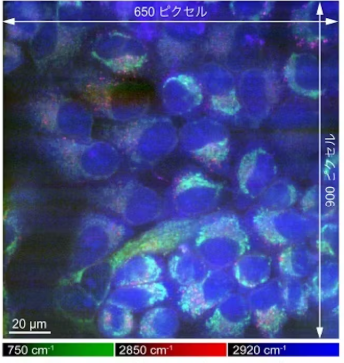2024-12-10 ワシントン大学セントルイス校
<関連情報>
- https://source.washu.edu/2024/12/volunteering-reduces-rate-of-aging-study-finds/
- https://www.sciencedirect.com/science/article/pii/S0277953624009559
ボランティア活動は、退職した高齢者と働いている高齢者のエピジェネティックな年齢加速を減少させるか?健康と退職研究からの結果 Does volunteering reduce epigenetic age acceleration among retired and working older adults? Results from the Health and Retirement Study
Seoyoun Kim, Cal Halvorsen, Claire Potter, Jessica Faul
Social Science & Medicine Available online: 13 November 2024
DOI:https://doi.org/10.1016/j.socscimed.2024.117501

Highlights
- Volunteering and biological aging were stronger for 2nd and 3rd generation clocks.
- These clocks related to mortality, immune function, and organ integrity.
- The relationships were stronger for retired individuals.
- Findings suggest a link between prosocial activities and biological aging.
Abstract
Objectives
The current study aims to explore the relationship between the frequency of volunteering and biological aging, as measured by epigenetic age acceleration. It also investigates whether this relationship differs between retired and working older adults. Understanding this connection could inform interventions promoting healthy aging and reducing age-related chronic health conditions.
Method
Data were derived from the Health and Retirement Study (HRS), including pre-treatment covariates (2012), volunteer frequency and work status (2014), and five DNA methylation measures (2016) (N = 2,605). Generalized linear models were estimated to examine the relationship between volunteering and epigenetic age acceleration, stratified by retirement status. The analyses adjusted for relevant covariates and utilized energy balancing weights to account for selection into volunteering.
Results
Findings show that volunteering, especially for 1–49 h per year and 200+ hours per year, was linked to less epigenetic age acceleration, with significant effects on DNA methylation measures PhenoAge, GrimAge, and DunedinPACE clocks. Among retired individuals, moderate volunteering was significantly associated with decelerated epigenetic age acceleration, indicating greater benefits for retirees compared to working individuals.
Conclusions
The study found that frequent volunteering may lead to decelerated epigenetic aging, potentially offering a public health intervention to enhance health and quality of life among older adults. Further research is needed to confirm these findings and to understand how volunteering might differentially impact retired and working individuals. Such insights could guide the development of targeted strategies to promote healthy aging and address age-related health disparities.


